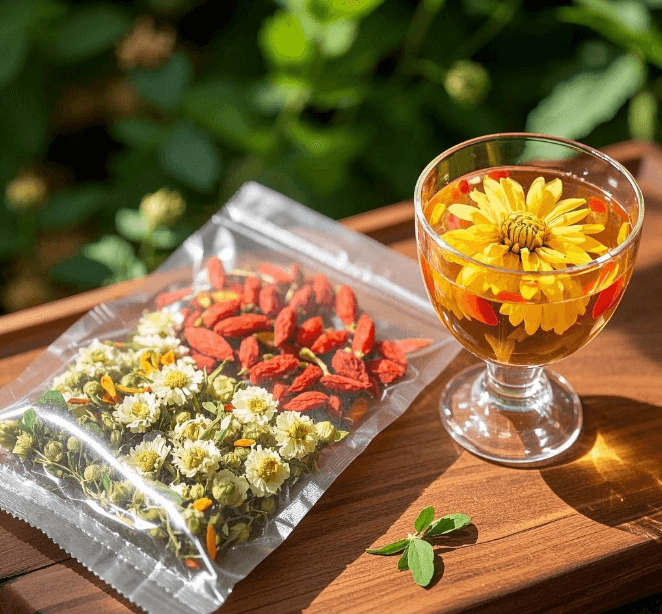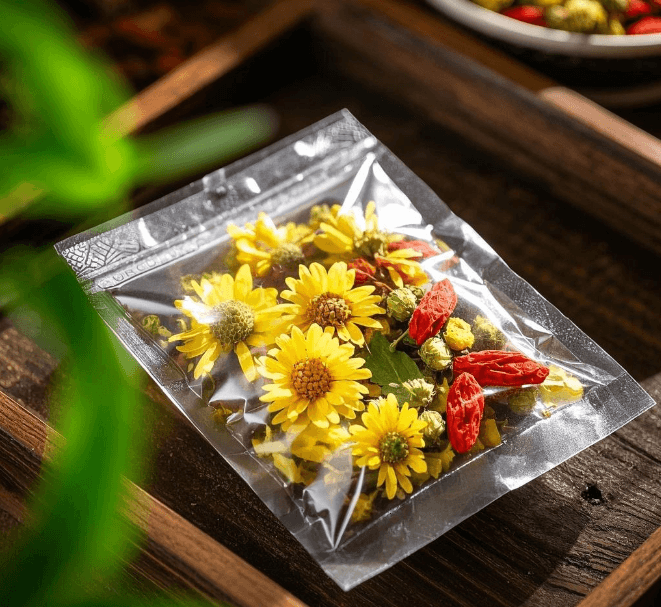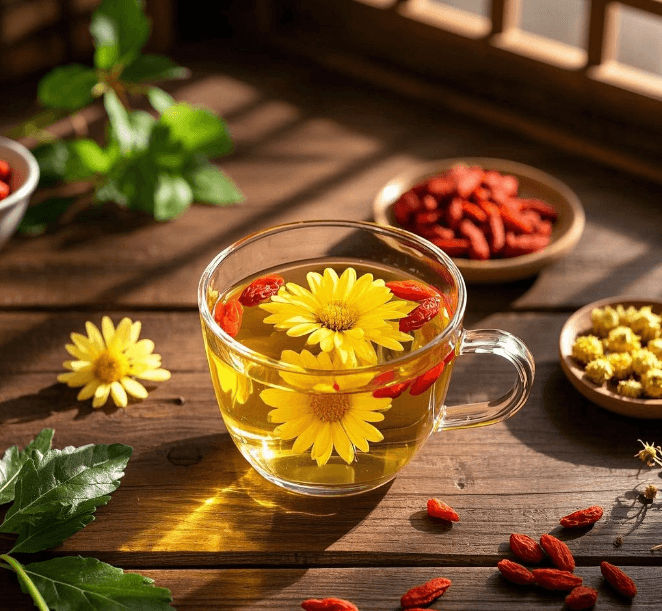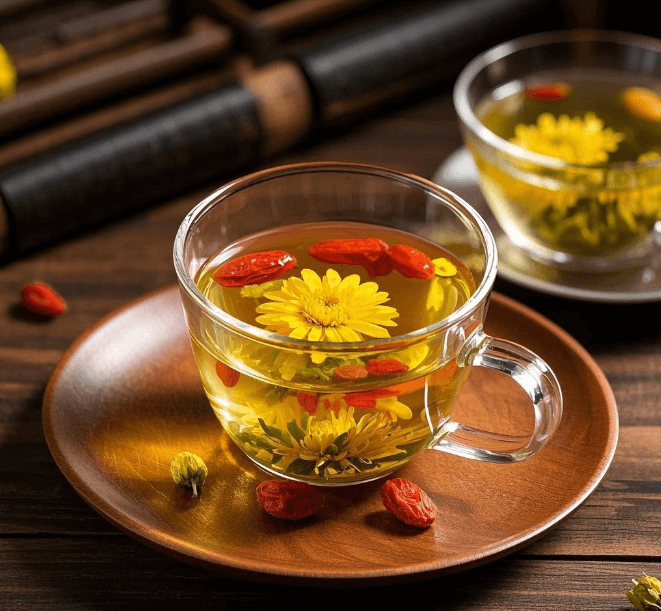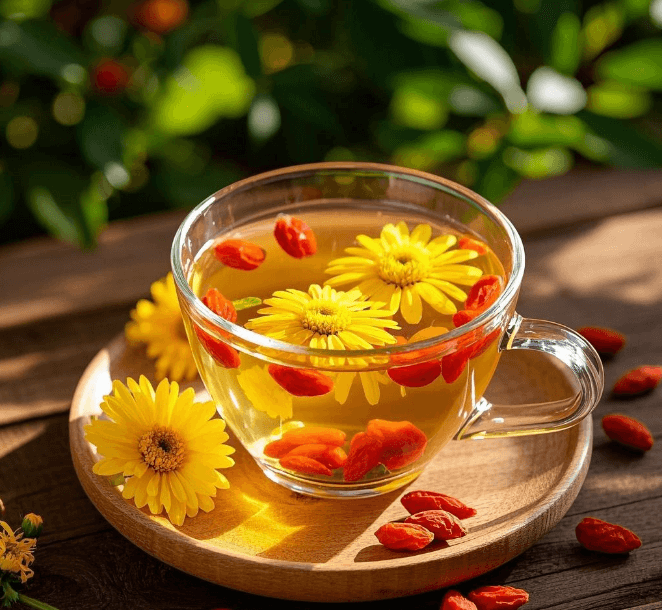
Green Tea vs Black Tea: The Caffeine Showdown furn-store
Share
Table of Contents:
As a self-proclaimed tea connoisseur, I've always been fascinated by the age-old debate surrounding the caffeine content of green tea versus black tea. Are you a die-hard green tea enthusiast, or do you swear by the bold, robust flavor of black tea? Well, buckle up, my friends, because we're about to dive into the caffeine-fueled world of these two tea titans.
Let's start with a quick refresher on caffeine. This magical compound is naturally present in both green and black tea, and it's the reason why we tea lovers can't seem to get enough of our daily brew. But the real question is, which one packs a bigger punch?
Green tea, often hailed as the healthier option, typically contains a lower amount of caffeine compared to its black tea counterpart. On average, a cup of green tea has around 28 milligrams of caffeine, while a cup of black tea can pack up to 47 milligrams. But before you start chugging black tea like there's no tomorrow, keep in mind that the caffeine content can vary depending on factors like the tea's origin, processing method, and even the way you brew it.
Now, let's talk about the unique characteristics of each tea. Green tea, with its delicate, grassy notes, is often praised for its impressive array of health benefits, from boosting metabolism to reducing the risk of certain diseases. Black tea, on the other hand, is known for its bold, robust flavor and its ability to provide a more sustained energy boost.
But wait, there's more! Did you know that the caffeine in green tea is often accompanied by the amino acid L-theanine, which can have a calming effect on the body? This dynamic duo can provide a more balanced, focused energy boost, unlike the jittery feeling you might experience from a cup of strong coffee.
As for the black tea enthusiasts, don't worry, you're not being left out. While black tea may have a higher caffeine content, it also contains antioxidants that can help support a healthy immune system. Plus, the brewing process for black tea can actually reduce the overall caffeine content, depending on how long you steep it.
Now, I know what you're thinking: "But what about all those myths I've heard about tea and caffeine?" Well, let me bust a few of those for you. Contrary to popular belief, the time of day you drink your tea doesn't significantly impact the caffeine levels. And no, the color of the tea doesn't determine the caffeine content either. It's all about the type of tea and how you brew it.
So, whether you're a green tea devotee or a black tea enthusiast, the choice is yours. But if you're looking to explore the world of tea and discover new flavors, be sure to check out Furn-store's impressive collection of high-quality tea products, from mortise and tenon craftsmanship to embroidery and tea art. Who knows, you might just find your new favorite brew!
Understanding Caffeine in Tea
Caffeine is a naturally occurring compound found in both green and black tea. It's the reason why we feel that energizing boost after sipping our favorite brew. But the amount of caffeine can vary depending on a few key factors:
- Tea type: Green tea generally has a lower caffeine content compared to black tea.
- Processing method: The way the tea leaves are processed can impact the final caffeine levels.
- Brewing time: Steeping your tea for longer can increase the caffeine extraction.
Green Tea Caffeine Profile
On average, a cup of green tea contains around 28 milligrams of caffeine. This lower caffeine content is often attributed to the gentle, minimally-oxidized processing method used for green tea. Additionally, green tea is known to contain the amino acid L-theanine, which can have a calming effect and provide a more balanced energy boost.
Black Tea Caffeine Profile
In contrast, a cup of black tea can pack up to 47 milligrams of caffeine. This higher caffeine content is due to the more extensive oxidation process that black tea undergoes. However, the actual caffeine levels can vary depending on factors like the tea's origin and brewing technique.
Myth-Busting: Common Caffeine Misconceptions
- Myth: The time of day you drink tea affects the caffeine content.
- Reality: The time of day doesn't significantly impact the caffeine levels in your tea.
- Myth: The color of the tea determines the caffeine content.
- Reality: The type of tea, not the color, is the primary factor influencing caffeine levels.
Practical Tips for Tea Lovers
- Manage your caffeine intake by adjusting brewing times and water temperatures.
- Experiment with different tea varieties to find the perfect balance of flavor and caffeine.
- Explore Furn-store's wide selection of high-quality tea products, from mortise and tenon craftsmanship to embroidery and tea art.
So, there you have it, tea enthusiasts! The great caffeine showdown between green tea and black tea. Whether you're a die-hard green tea fan or a devoted black tea lover, the choice is yours. But remember, the key to a perfect cup of tea is all about finding the right balance and exploring the endless possibilities. Cheers to a caffeine-fueled journey!


